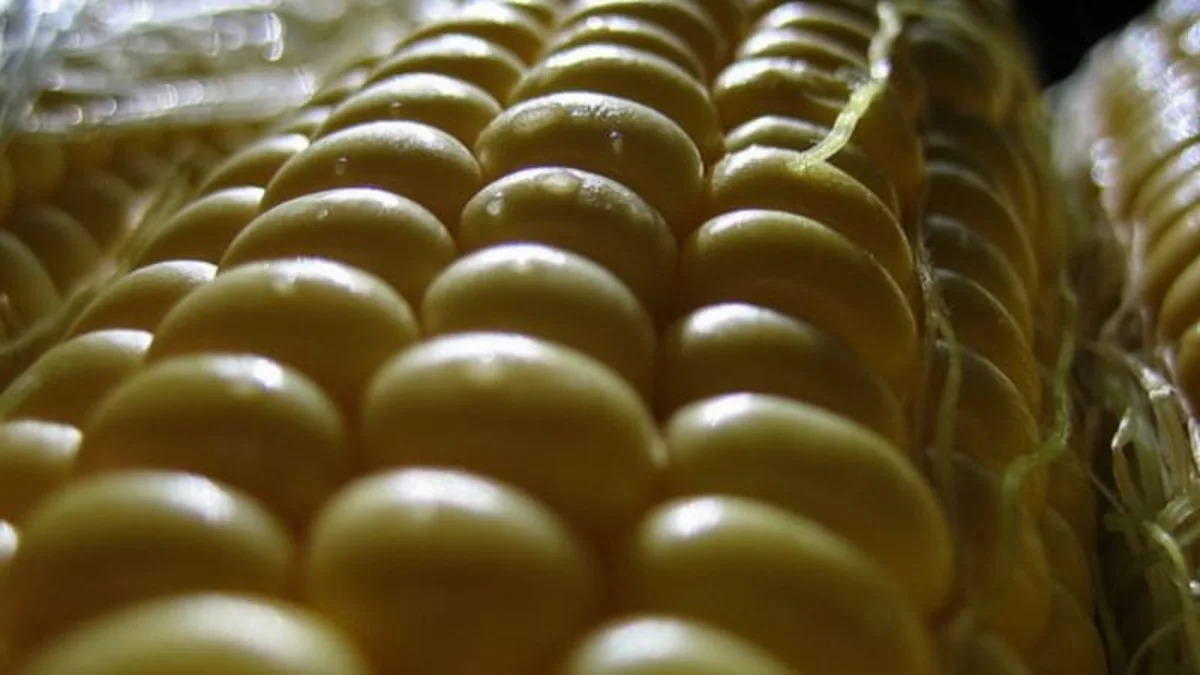As it was four years ago during another election year, corn ethanol is once again the focal point for heated exchange in the U.S. The federal government is feeling the vise tighten in the corn ethanol debate, as the issues flip and flop between gasoline prices going up and global food prices increasing. The worst drought in more than 50 years is also playing a role.
Last Wednesday, the Energy Information Administration said exports of corn-based ethanol were going to be hurt by the drop in corn production due to drought conditions. It also said that prices for America's gasoline blended with the domestic fuel shouldn't rise significantly. The story changed a bit two days later, when the Department of Agriculture stated that the terrible drought caused more damage than expected to corn and soybean crops. Food prices jumped six percent last month and it looks like they'll continue rising, experts say, bringing back the food-versus-fuel debate.
International pressure is being applied. United Nations food official Jose Graziano da Silva is calling for an "immediate, temporary suspension" of the mandate to stave off another world food crisis.
Some are saying that the situation isn't all that bad. Geoff Cooper, writing for the Renewable Fuels Association, says:
Last Wednesday, the Energy Information Administration said exports of corn-based ethanol were going to be hurt by the drop in corn production due to drought conditions. It also said that prices for America's gasoline blended with the domestic fuel shouldn't rise significantly. The story changed a bit two days later, when the Department of Agriculture stated that the terrible drought caused more damage than expected to corn and soybean crops. Food prices jumped six percent last month and it looks like they'll continue rising, experts say, bringing back the food-versus-fuel debate.
International pressure is being applied. United Nations food official Jose Graziano da Silva is calling for an "immediate, temporary suspension" of the mandate to stave off another world food crisis.
Some are saying that the situation isn't all that bad. Geoff Cooper, writing for the Renewable Fuels Association, says:
The White House is looking at the numbers now and will work with the Environmental Protection Agency and the USDA on carefully implementing the Renewable Fuel Standard. U.S. fuel companies are supposed to convert about 40 percent of the corn crop into biofuel to meet the federal standards, and it might receive a waiver from the White House. However, with strong farm belt support and an election looming, many political analysts say the odds of a waiver are low. Farmers and ethanol producers may have lost the 30-year-old corn ethanol subsidy at the end of last year, but they still have influence in Washington.While this year's harvest [in the U.S.] will be considerably smaller than initially expected, it is remarkable that farmers are still expected to produce the eighth-largest corn crop on record despite experiencing the worst drought in 50 years and the hottest month of July in recorded history. ...
World corn production was cut 6% based on the U.S. drought, but total foreign corn production was unchanged from July. Increased production in Argentina, Brazil, and China offset yield reductions in the EU and former Soviet Union. This year's global corn crop will still be the second-largest on record, according to USDA.


Sign in to post
Please sign in to leave a comment.
Continue